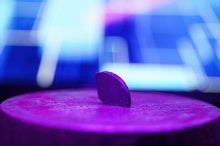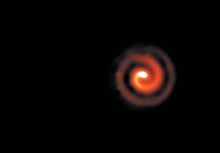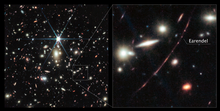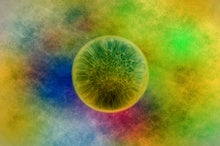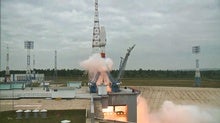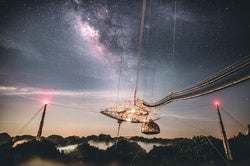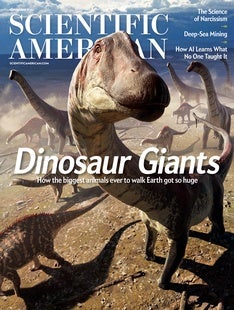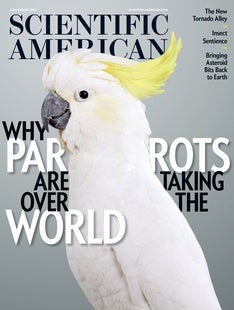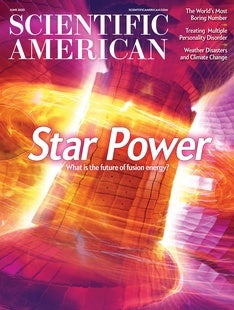 |
| August 17, 2023 |
This week, we're talking about "Dedekind numbers" and doing the seemingly impossible. These numbers are not easy to concisely explain (read our lead story for that) but the gist is that they are a sequence counting the myriad configurations that certain logical functions can hold across an ever-growing number of spatial dimensions. Each successive number in the sequence thus becomes exponentially more complex—and correspondingly more difficult to calculate. The computational challenge is so great, in fact, that only nine of these numbers have been pinned down since the 19th-century revelation of the sequence's existence, with the ninth's discovery coming from two independent teams earlier this year. Elsewhere this week, we have stories on quantum superchemistry, mysterious and beautiful "pinwheel" stars, the wishful thinking behind fizzled superconductivity claims, and more. Enjoy! |
| | Lee Billings, Senior Editor, Space & Physics
| |
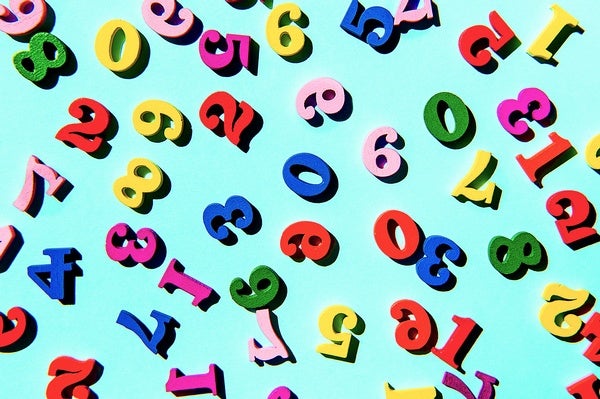 |
| |
| |
| |
| |
| |
| |
| |
| |
| |
FROM THE ARCHIVE
 | | | |
LATEST ISSUES
 |
| |
| Questions? Comments?  | |
| Download the Scientific American App |
| |
| |




